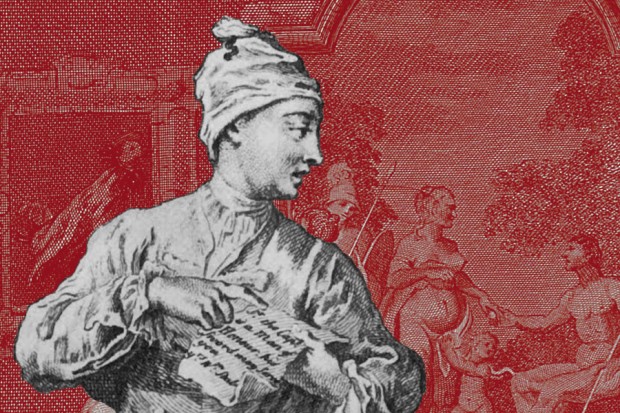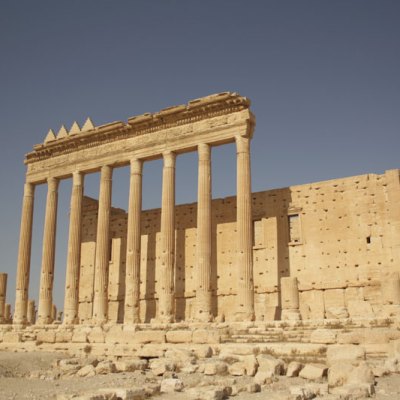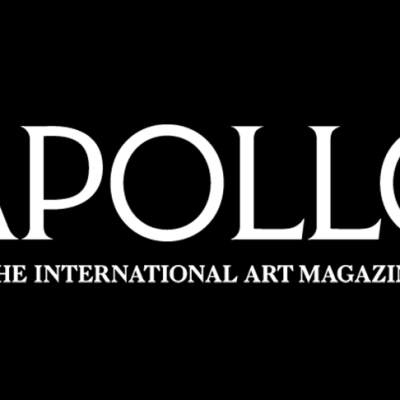Introducing Rakewell, Apollo’s wandering eye on the art world. Look out for regular posts taking a rakish perspective on art and museum stories.
Following art historian Silvano Vinceti’s ‘revelation’ that the sitter for the Mona Lisa was actually a man, one could be forgiven for wearying of gender bending historical revisionism.
It now seems that another ‘iconic’ creation – in one of the few instances in which that term is permissible – is suffering a little gender confusion. Frédéric Auguste Bartholdi’s Statue of Liberty in New York Harbour is, according to author and journalist Elizabeth Mitchell, also more blokey than meets the eye. Tradition dictates that the statue’s face was initially inspired by that of Bartholdi’s mother, but, as Mitchell suggests on the TV series Secrets of America’s Favourite Places, ‘[she] had a more arched eyebrow, […] a thinner nose [and] thinner lips.’
The plot thickens. Helpfully, Mitchell claims to know the answer: the muse behind New York’s most famous monument was actually the sculptor’s brother, Charles. Is Lady Liberty set to replace Barry Humphries as the world’s most famous drag act?
*
For anyone still in mourning after the death of Prince, Rakewell may be able to provide some consolation. According to Time magazine, Prince fan Sam Jennings has set up a museum dedicated to the purple clad funk rock superstar. But this is no ordinary museum; for starters, it is an online-only concern; secondly, it is devoted not to the man’s music, life or distinctive dress sense, but to the various internet ventures he set up between 1994 and his demise. So, it is a website about the history of Prince’s websites – rather odd, given that the ‘When Doves Cry’ hitmaker memorably pronounced the Internet ‘completely over’ back in 2010. Must be a Sign o’the Times…
*
Finally, news from Milton Keynes, where artist Anna Berry is taking over an as-yet-unspecified underpass in order to ‘build something amazing’. The work is trailed as a ‘pop-up guerilla art installation’ that will be open to the public for just two hours. Berry has not received permission for the spectacle (‘Fake Plastic Trees – A Memorial to the Midsummer Oak’), hence the secrecy and floridly worded vagueness. As for what inspired her to undertake the endeavour, Berry is more forthcoming: ‘Milton Keynes is a special place […] It’s a place to feel strongly about,’ she explains. ‘I wanted to create a piece where people could get lost in a magical forest of Milton Keynes memories.’
Got a story for Rakewell? Get in touch at rakewell@apollomag.com or via@Rakewelltweets.




